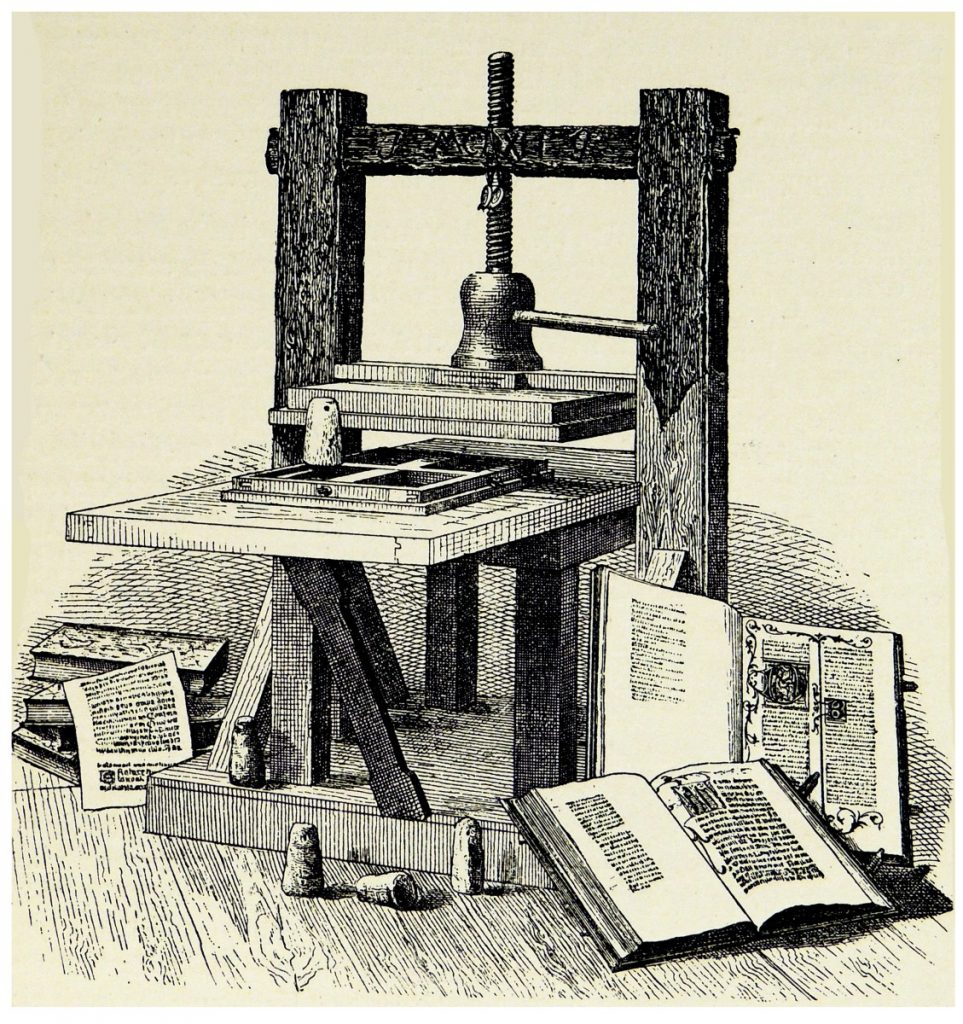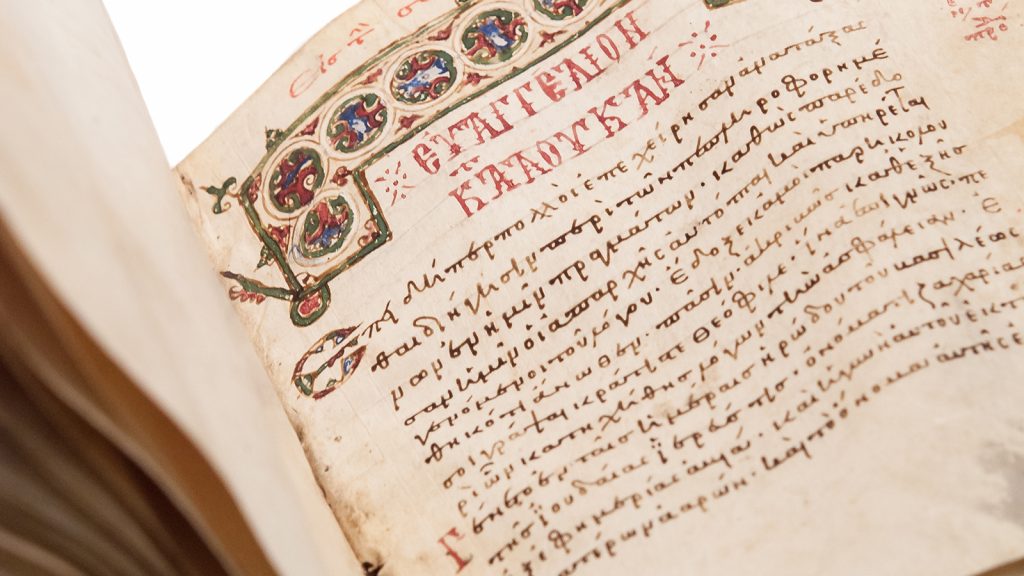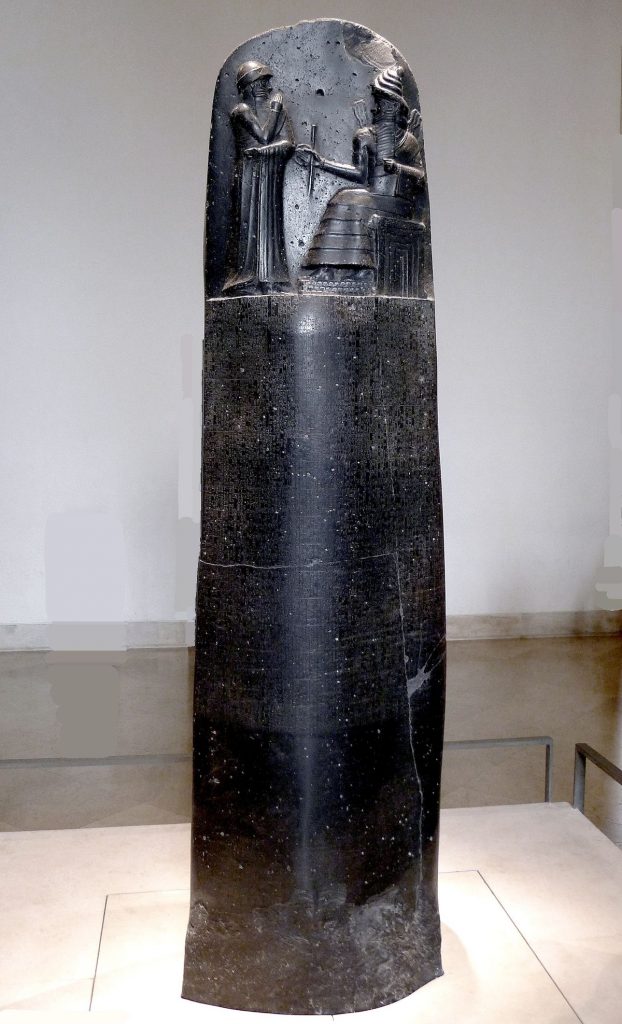
How world-changing events lose relevancy
It’s difficult to imagine the impact that certain events and developments have had if we didn’t experience them at the moment. For example, Covid-19 is the first major event that has impacted the lives of people my age and it will profoundly affect me for the rest of my life. It’s funny and interesting to think about how future kids will learn about Covid-19 from a chapter in their boring textbooks. They might be affected by the aftermath of the pandemic, but they will never understand the profound physical and phycological stress and feelings of living through the event. The printing press likewise had a huge impact on people that lived during that time, and I will explore that here.
The article I read was called “7 ways the printing press changed the world” by Dave Roos. I used this article as a jumping-off point for the aspects I found the most interesting. I also referenced the paper I read for my English class called “The Persistence of the Word” written by James Gleick, which talks about how writing came to be.

Thinking about writing
Gleick’s paper mentions how the creation of writing allowed people to categorize and analyze information. When the printing of the Bible started, it allowed people to all read the same information on a grander, more accessible scale. I found this really interesting because each person interacts with words differently. I imagine that people could, for the first time, discuss things that they read and their own interpretations. We still see that happening today in book clubs and on social media (even though it is a different medium)
Facts?
The printing press also allowed for the mass production of factual information by printing scientific books while information was still in development. You would not be able to update information after it had been printed. This would no doubt lead to incorrect information being distributed. In the present day, most information is found on the internet. Websites can be updated anytime, but unfortunately, information can be fabricated easily.

Social control through reading and writing
The connection between writing and social control has been exploited repeatedly. As we learned in class, Rule of law started with Hammurabi’s code. The Law was written out, but no one could read it. This was a form of social control because people could be penalized for offenses that they were unaware were prohibited. Another example of social control is how slave owners forbid slaves from reading and writing so they could not rebel. In the present, we are surrounded by bias information. Information no longer comes from a single source so it is difficult to discern what is accurate.
As printed writing became more widespread it gave way to different types of information. The misinformation that has misled people during the pandemic demonstrates that this power of influence can be used to positive and negative ends.